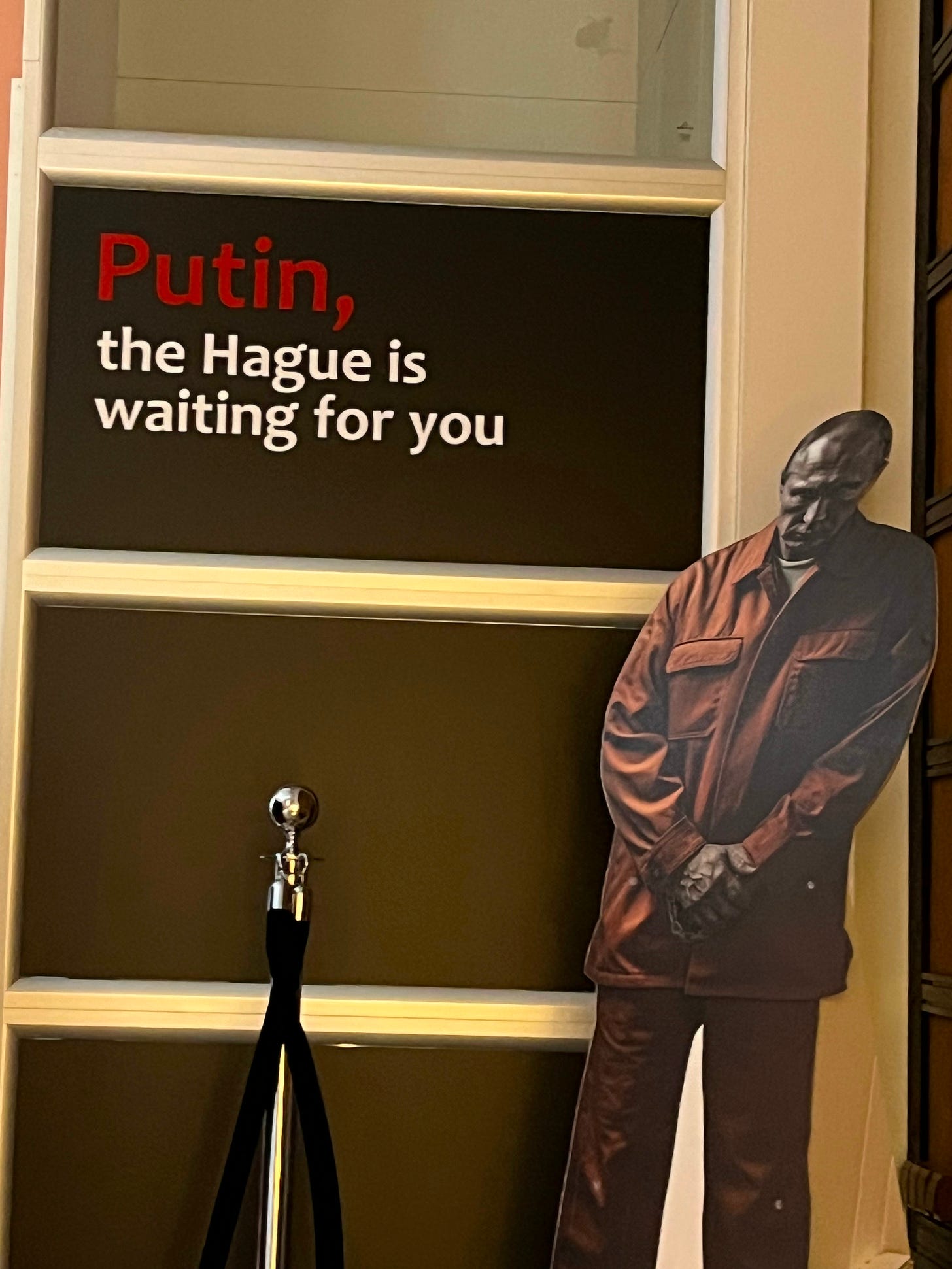History of the Present (Five days to 14 February 2025)

History has gone into overdrive in the first weeks of Donald Trump's second term as he bulldozes principles, institutions and partnerships that US foreig…
Keep reading with a 7-day free trial
Subscribe to History of the Present to keep reading this post and get 7 days of free access to the full post archives.



